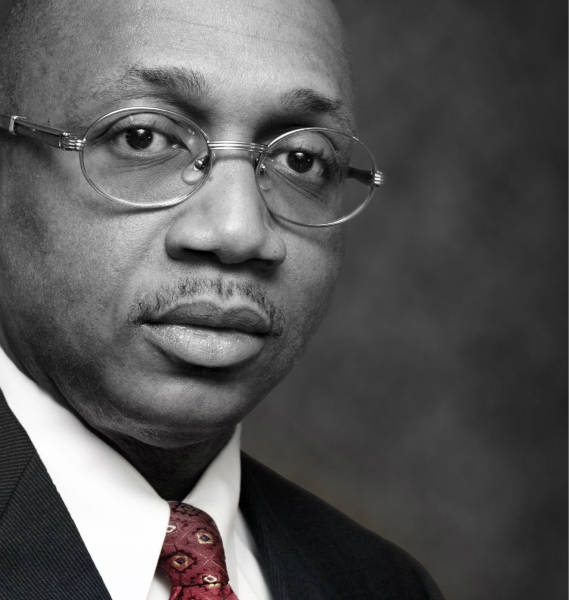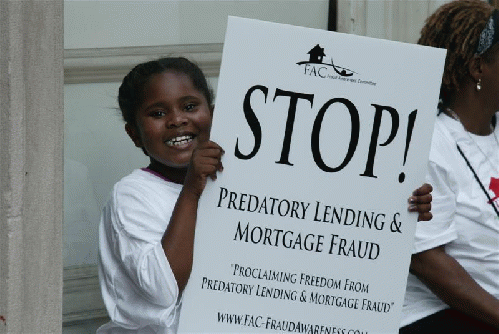.
ATLANTA, GA – The Winecoff mortgage fraud case highlights the current securities crises and lack of local law enforcement related to sub-prime mortgage loans, including projects with significant federal funding and resources. Additionally, this case demonstrates how private sector whistleblowing positively impacts federal government operations by exposing private sector fraudulent schemes which rely upon significant federal funding resources. From March 1 to June 18, 2008, FBI Operation Malicious Mortgage resulted in 144 mortgage fraud cases with 406 defendants were charged. Last week, 60 arrests were made in mortgage fraud-related cases in 15 districts, including Atlanta. Several metro Atlanta mortgage fraud cases were included in the national "Operation Malicious Mortgage" crackdown reported by prosecutors and FBI officials. .
Georgia has led the nation in mortgage fraud according to recent FBI statistics. More importantly, many of Georgia’s mortgage fraud scams often involve substantial federal financing, most of which is intended for disadvantage minority businesses and/or low to moderate income families. On July 7, 2008 the Georgia Supreme Court will hear oral arguments concerning the legal fate of the Historic Winecoff Hotel in Dillard-Winecoff, LLC v. 176 Peachtree Street (a.k.a. the Ellis Hotel) Georgia Supreme Court Case No. S08A1366. On November 14, 2007 Georgia House Representative Randal Mangham appealed the Dillard-Winecoff commercial Mortgage Fraud case back to the Georgia Supreme Court after what is best described as the legal lynching of a Black Developer.
The Georgia Supreme Court previously entered a decision reversing a summary dismissal in InterBank Participating Income Fund et al. v. Dillard-Winecoff, LLC, 275 Ga 765 (2002) on November 25, 2002 which declared that Dillard-Winecoff is entitled to a trial of the merits and remanded the case back to Fulton County Superior Court for an actual trial. Unfortunately, the case languished before various judges for the last five years, until it was summarily dismissed, for a second time, based upon special master Linda Finley’s findings and title determinations, without a trial on the merits and in blatant disregard of the Georgia Supreme Court’s previous order. Thus, actual ownership of this fabled historic landmark remains in question despite its premature “Grand Opening” as the Ellis Hotel.
.The development of the Winecoff Hotel is seen by some to be the crowning achievement in the revitalization of Downtown Atlanta. Not unlike the famed “Tara” Plantation from Gone With the Wind – the Winecoff Hotel represents a unique link to Georgia’s segregated past, when black hotel workers were the only African-Americans allowed to enter the building. In fact, black people could wind up missing or lynched if they tried to walk down Peachtree Street during the Jim Crow era. So imagine how unsettling it is for some, to think that this Georgia Landmark, could actually be owned by an African-American. The descendants of people who weren’t allowed in William Winecoff’s building, might actually own this historic link to Georgia’s segregated past. Could that be the reason, that the City of Atlanta or the Atlanta Business Community seems aligned against the Dillard-Winecoff. Or perhaps, the reason that the City of Atlanta seems determined to give millions of dollars of public funding to out-of-state developers who have never produced a receipt or any proof of purchase for the Winecoff Hotel.
.Randal Mangham is a champion of the people on Voting Rights and various predatory lending and mortgage fraud legislation including his sponsorship of HB 1438 the Foreclosure Rescue Fraud Prevention Act. When asked if he is concerned about risking his reputation by standing with Dillard-Winecoff in opposition to the will of the white business community, Mangham responds “this is a test of how far Georgia and America have come since the 1960s. If, for the first time in history, a black man could actually become the President of the United States – why can’t a black man own a hotel on Peachtree Street?” A true believer, Representative Mangham is a Barrak Obama supporter and Dillard-Winecoff defender, who concludes “it is time for black people to rise up and claim the broken promises of America. This is the Modern Civil Rights Movement the fight for social, political and economic Justice for ALL.”
.
“We’re making progress, but we still have a long way to go. That is why the Dillard-Winecoff case is important because it is a modern case of discrimination; it’s not just about Dillard-Winecoff. It is really about Economic Justice for African-Americans, it’s about the struggle of Black people and their fight to receive their 40 acres and a mule. There will never be a Black Warren Buffet if rich white bankers can steal their projects and businesses with impunity. And there will never be a Black Bill Gates if rich white investors can steal their software and patents without punishment” states Ron Marshall, community activist and President of the New Grady Hospital Coalition. “Whether real property or intangible property; creating property is not enough. You must be able to own and protect the property you create. If African-Americans can’t acquire and own property in the major metropolitan areas like downtown Atlanta, in 2007; if these markets are still “Whites Only” – simply because they are Black; then Black people are no closer today to full citizenship then they were during the Jim Crow era. In the end, if there is no justice for the least of us, then there is no justice for the rest of us. If there is not justice for all – then there is justice for none. And that is why the Dillard-Winecoff case is so important to all African-Americans across the country” concludes Marshall.
.
The Dillard-Winecoff case represents a billion dollar opportunity and a new era for black people. Someone has to be the first African-American to own major commercial property in downtown Atlanta. Once we get one black owner of a major property in the central business district, then the door will be open for more. But if Dillard-Winecoff fails, with no investigation and without the defendants ever producing a receipt or any evidence of purchase, it will set back the opportunities for African-American ownership in downtown Atlanta by decades. In 1998 there were less than six major hotels owned by African-Americans in the country. Today, out of 81,000 full and limited service branded hotels in America only 35 are African-American owned.






